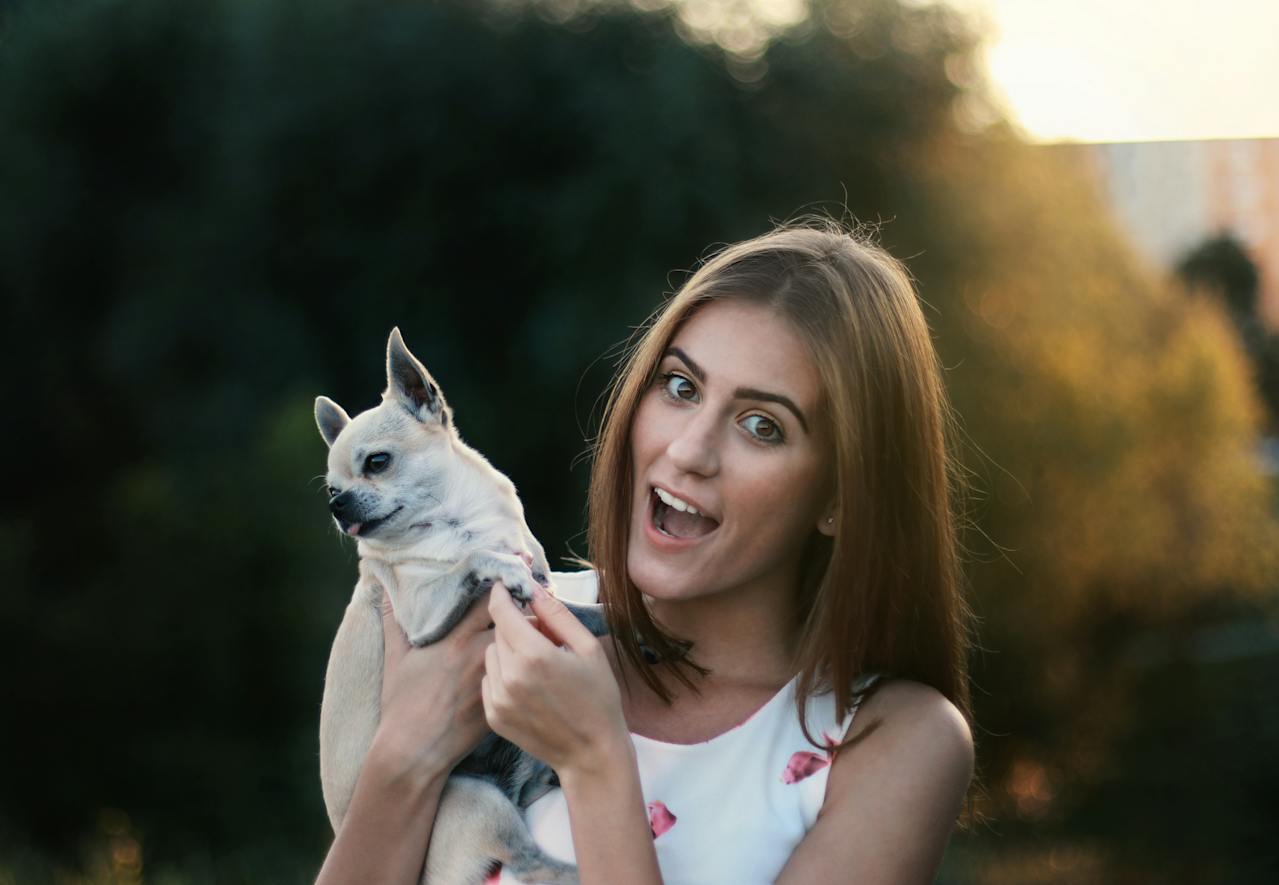This year millions of Americans plan to celebrate Independence Day along with their dogs. Whether you’re traveling or enjoying the festivities in your own backyard boning up on your Independence Day Pet Safety tips helps to ensure the celebration is safe and fun filled for you, Fido and Fluffy.
Be sure your pets have well-fitting collars with up to date ID tags just in case your pet gets lost. More pets get lost on July the 4th than any other holiday. Today in addition to permanently identifying your pet with a collar or microchip, newer services geared to help locate lost pets include Pet Amber Alert and Pet GPS.
Barbecues are tantalizing, however keeping your pets’ meals and snacks as close to normal as possible helps avoid upset stomachs, vomiting, diarrhea and emergency room issues like pancreatitis.
Alcohol Poisons Pets: Safeguard beer, wine and alcohol as they can lead to life-threatening seizures and/or respiratory failure in dogs and cats.
Life jackets help keep water bound canines afloat as not all dogs can swim. Never leave your dog alone at the beach and/or on a boat, as they can easily become overpowered by waves, tides and currents.
Loud Noises scare pets and most dogs and cats do NOT enjoy fireworks. Leaving pets home during fireworks is wise. Pet ears are far more sensitive to loud noises than ours. Classical music has been shown to reduce canine anxiety. Pet thunder shirts are also an option to help comfort stressed dogs.
Noise desensitization for dogs combined with musical sound therapy helps to make loud fireworks less frightening for Fido. The soothing music along with progressive sounds of fireworks and positive reinforcement training helps many canines overcome noise phobias.
Dr. Carol’s Tip: Placing a cotton ball in each of your dog’s ears helps to muffle noise as does playing a soft radio and closing your windows. Remember to remove the cotton balls.
Keep matches and lighter fluid out of your pets’ paw reach. Some matches contain chlorates, which could potentially damage blood cells and result in respiratory issues and/or kidney damage in severe cases. Lighter fluid is irritating to skin, and if ingested can produce gastrointestinal irritation and central nervous system depression. If pets inhale lighter fluid, aspiration pneumonia is a risk.
Homeopathic calming remedies including Bach’s Rescue Remedy and Tranquility Blends containing the herb Skull Cap help to safely reduce stress levels for dogs and cats with no adverse effects. Both products may be applied to the inner (hairless) ears which act as acupuncture pressure points in dogs and cats. Both may also be given by mouth. Blends of Essential Oils specifically formulated for pets are also wonderful for calming nervous nellies. In our veterinary clinic essential oils containing German chamomile and Blue Cypress are applied topically. They smell great and help to reduce pet anxiety for several hours.
July is generally one of the hottest months of the year. Dogs and cats don’t sweat so be sure to keep your pet cool to help avoid heatstroke. Never leave any pet alone in a parked car as when its 80 degrees outside, the inside of your car can reach temperatures of over 120 degrees within 15 minutes
Don’t put human sunscreen on Fido. Pet Sunscreen is fine for dogs and cats but avoid zinc oxide which is toxic to pets. DEET, a common insecticide is also poisonous to pets and may cause neurological signs including: drooling, vomiting, diarrhea, excessive thirst and lethargy.”
Create a “safe haven” for your pet such as a carrier with a favorite blanket and toy so they have a place to retreat from the noise and festivities when they have had enough.
Be proactive. No matter where you and your 4-legged family are spending the holiday, locate a 24-hour veterinary facility just in case an emergency occurs and keep the phone number handy.
Keep these tips handy and enjoy!
Dr. Carol Osborne is an author and world-renowned integrative veterinarian of twenty plus years. After graduating from the Ohio State College of Veterinary Medicine, Dr. Carol completed a prestigious internship at the Columbus Zoo. Shortly afterward, she launched a very successful private practice and became founder and director of the non-profit organization, the American Pet Institute.
Dr. Carol offers traditional veterinary care for dogs and cats with a softer, natural touch. Her approach highlights the importance of nutrition and utilizing holistic avenues in combination with traditional treatments. Currently, she offers holistic therapies and traditional veterinary medical care for dogs and cats at the Chagrin Falls Pet Clinic in Chagrin Falls, Ohio.
Call our Office Today at (866) 372-2765 or complete this Form to Email our Office.







